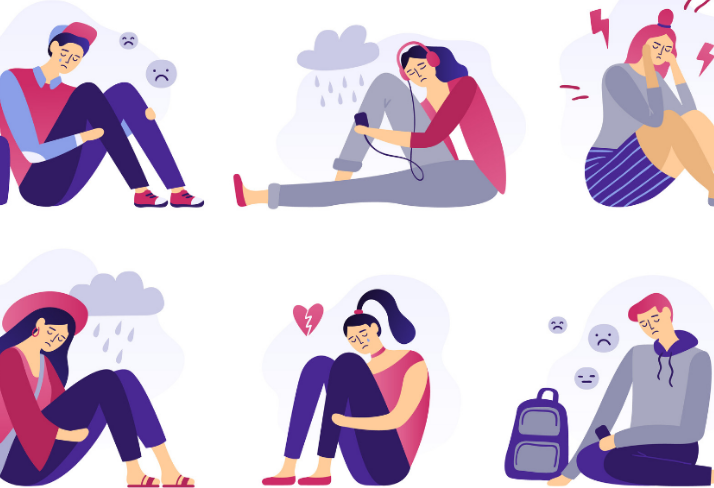|
Observe, infer, and take action on a problem of practice using three simple prompts.
What are we noticing? So, what does it mean for teaching and learning? Now what should happen next? These are some of the questions posed by one of our favorite resources — What, So What, Now What — which leans on our core values of critical reflection and cycles of inquiry.
Developed by Gene Thompson-Grove in 2004 and revised 2012, this protocol allows you to do several things at once: gather information, analyze and interpret a problem of practice, and envision next steps for your work. This is a versatile protocol that can be modified to support teachers, leaders, and even students as they work to understand curricular content.
Jumpstart your reflection
What, So What, Now What can help you to evaluate a recent experience, untangle a problem of practice, or inspect quantitative or qualitative data. After observing and analyzing what you already know, you can then work toward identifying the next steps for your practice.
This resource works in three phases: Understanding the event (What?)
Making sense of the facts and implications (So what?)
Identifying a course of action or new solutions (Now what?)
Engage students in inquiry
From here, the class can begin to share highlights from their charts, and begin to draw conclusions about the lesson.
What, So What, Now What is a highly adaptable tool that can promote curiosity, reflection, and accountability. Its flexibility allows for application with all members within a school community, and we encourage you to adapt it to best meet your needs.
How are you using this resource? Let us know in the comments! |
|
The Center for Professional Education of Teachers (CPET) at Teachers College, Columbia University is committed to making excellent and equitable education accessible worldwide. CPET unites theory and practice to promote transformational change. We design innovative projects, cultivate sustainable partnerships, and conduct research through direct and online services to youth and educators. Grounded in adult learning theories, our six core principles structure our customized approach and expand the capacities of educators around the world.
|
ABOUT US
525 West 120th Street, Box 182 New York, NY 10027 416 Zankel Ph: (212) 678-3161 [email protected] Our Team Career Opportunities |
RESOURCES
Professional Articles Ready-to-Use Resources Teaching Today Podcast Upcoming PD Opportunities |
COACHING SERVICES
Custom Coaching Global Learning Alliance Literacy Unbound New Teacher Network Student Press Initiative |


























